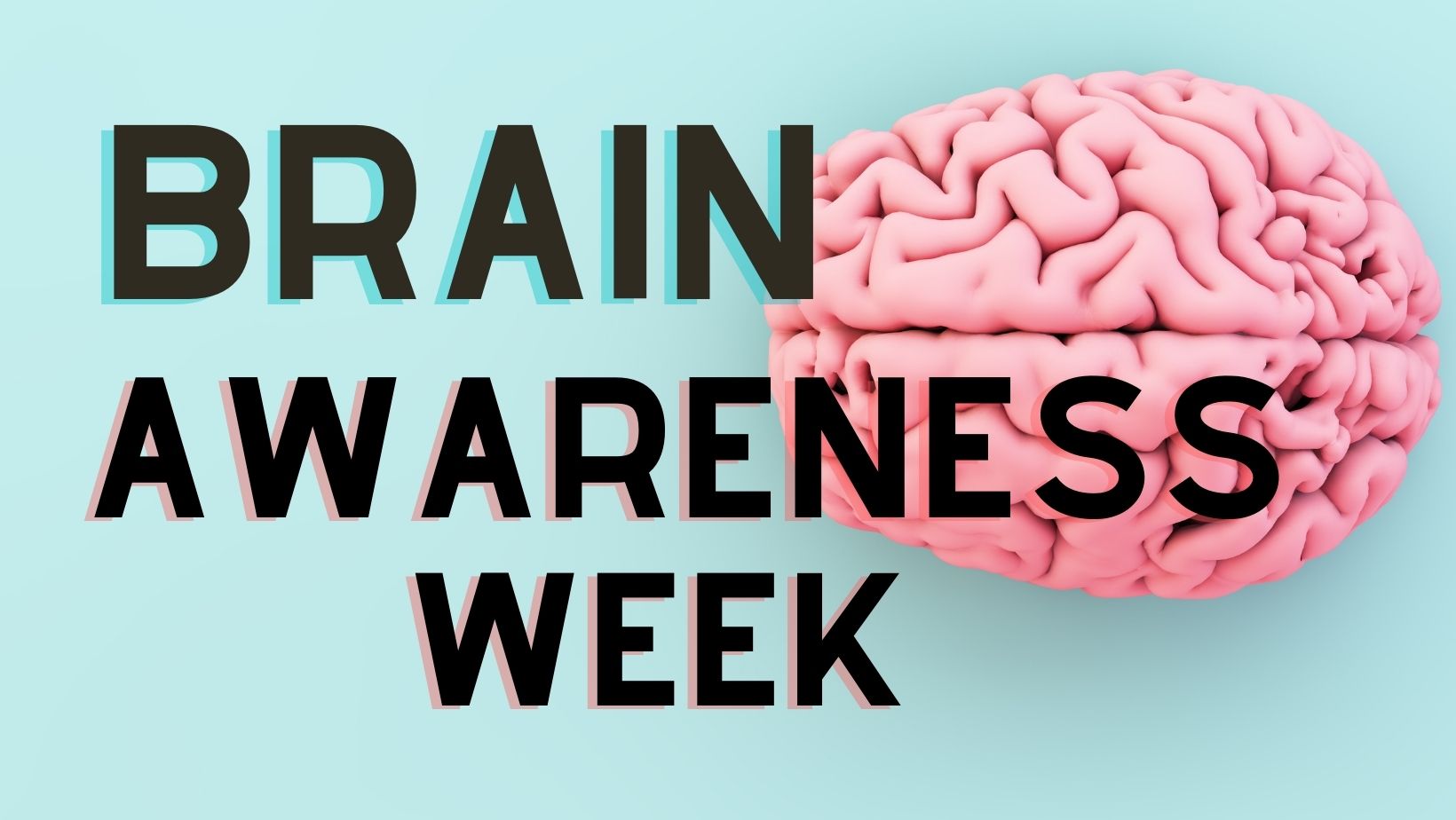Mid-March marks Brain Awareness Week, a global campaign that fosters enthusiasm and support for brain science. The week encourages “brain fitness” challenges and activities which have been proven to improve cerebral health and prevent mental decline seen often in the elderly. Starting on the 14th, schools and organizations host activities within communities that share the wonders of the brain and the impact science has made on everyday life, uniting them with the common theme that brain research is the hope for treatments, preventions and possible cures for brain diseases and disorders – leading to a better quality of life for people of all ages.
There are many simple activities that keep a brain active and healthy. As an added bonus, the ways in which you can keep your brain healthy are great for both you and the elders in your life.
Consider these tips to keep both your brain and those of your loved ones young.
Stay active: Exercise helps maintain memory. Aiming for just 30 minutes of walking each day can lower one’s risk of getting Alzheimer’s or Parkinson’s disease. Start going on family walks and inviting your elders! You may make memorable conversation: a valuable gift for both your heart and your health.
Stay mentally engaged: Putting together a puzzle or reading a book is a great way to reduce intellectual decline, too. Keeping your mind “running” is just as important as being physically active. Maybe do a crossword with an elder while waiting for dinner – or consider reading them a book and having them draw as they listen!
Stay connected: If these past few years have taught us anything, it’s that interaction is key. A strong social network within your community is linked with better overall health and longevity. Take time to bond with elders in your circle and give both your brains a boost with that social interaction!
There are more simple steps that can be taken to lower not only the risk of your own brain deteriorating, but your loved ones, too. Read this article to learn more!


